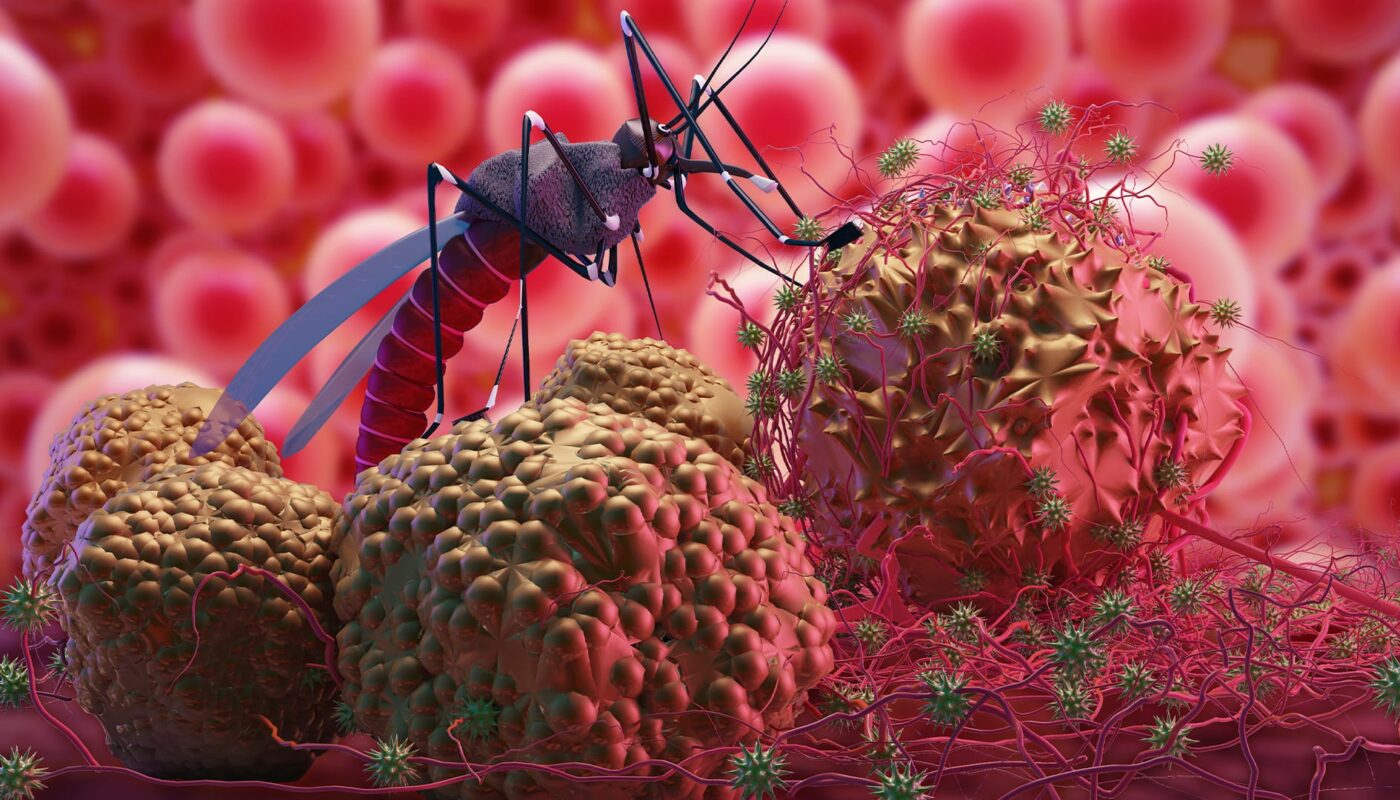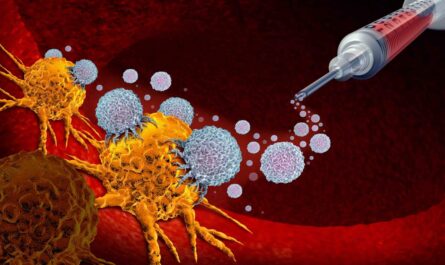Malaria, a widespread tropical disease transmitted through mosquito bites, poses significant challenges to public health efforts, especially in regions where it is endemic. Detecting asymptomatic individuals who carry the malaria parasite is crucial for effective control and prevention strategies, as these individuals can still transmit the disease or develop symptoms later, even after initial negative test results.
In a recent study conducted in the Katawki District of Uganda, researchers sought to explore the natural history of asymptomatic malaria and the variability in parasite dynamics and species among individuals with low-level infections. The study, led by Dr. Sean C. Murphy from UW Medicine, revealed important findings that can improve the accuracy of prevalence studies and inform clinical trials for malaria vaccines and therapeutics.
The researchers found that parasite densities can fluctuate below the level of detection, particularly when using older, less sensitive diagnostic tests. This fluctuation makes it challenging to determine the infection status of apparently healthy individuals when testing at a single point in time. However, the study demonstrated that sampling every other day or every third day was sufficient to detect a similar proportion of infections compared to daily sampling. In contrast, testing once a week or less frequently, even with advanced diagnostics, led to the misclassification of infection status in up to one-third of individuals.
Dr. Murphy emphasized the significance of these findings for improving prevalence studies and clinical trials. Current approaches often rely on single-timepoint or infrequent testing to determine the infection status of asymptomatic participants, which can result in missed infections if parasite densities drop below the detection limit of the employed test.
The study involved a collaboration between the Murphy lab, Med Biotech Laboratories in Kampala, Uganda, and the UW School of Public Health. Participants included healthy adults aged 18 to 59 who were not taking antimalarial drugs, as well as older children aged 8 to 17. The participants were instructed to collect dried blood spots at home daily for up to 29 days, which were then tested for the presence and classification of Plasmodium ribosomal RNA, a marker for parasite proteins. The study utilized pooling of dried blood spots to cost-effectively test a larger number of samples, similar to strategies employed during the COVID-19 pandemic.
By analyzing the data, the researchers aimed to determine a sampling schedule that would reliably identify asymptomatic cases while minimizing burden. They categorized each participant’s infection trajectory, including no infection, newly detected infection, cleared infection, chronic infection, or undetermined status. The study found that approximately 60% of participants had a Plasmodium infection detected at some point during the study period, with less than half having an infection at the beginning. The lowest prevalence observed on any given day was 30%.
The study highlights the limitations of relying on a single measurement to determine infection status and advocates for serial testing to accurately identify asymptomatic infections. The researchers acknowledged that one limitation of their study was the variability in sampling times, as parasite densities can change significantly within a short span of time.
The findings emphasize the need to improve the detection and classification of asymptomatic malaria cases to effectively control the disease. Dr. Tonny Owalla, a member of the research team, plans to leverage his training as a graduate student in pathobiology to develop advanced solutions for malaria in Africa, the continent most heavily burdened by the disease.
This study contributes to the broader understanding of the natural history of asymptomatic malaria and provides valuable insights for better surveillance and management strategies. Further research and collaborations are essential to combat this global health challenge and reduce the burden of malaria on vulnerable populations.
*Note:
1. Source: Coherent Market Insights, Public sources, Desk research
2. We have leveraged AI tools to mine information and compile it


